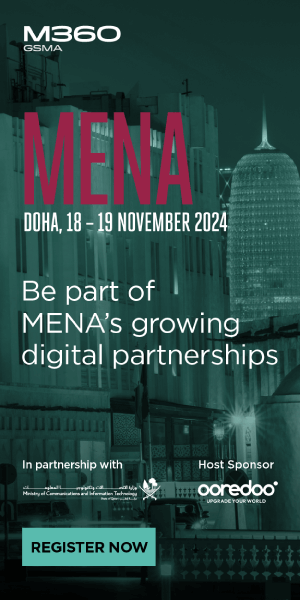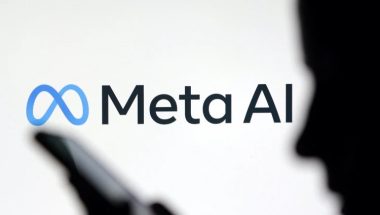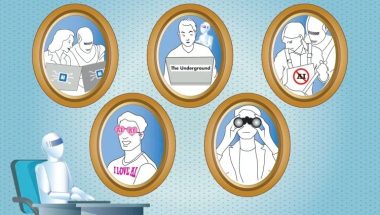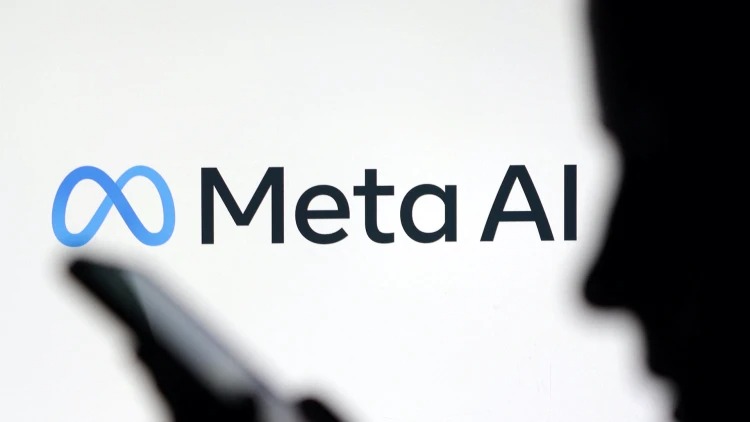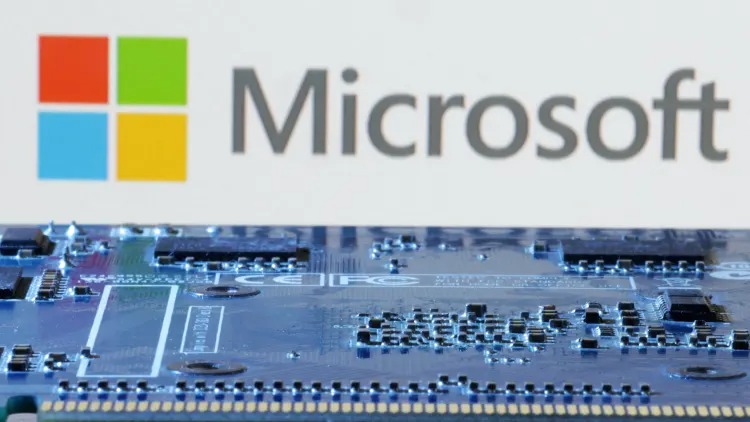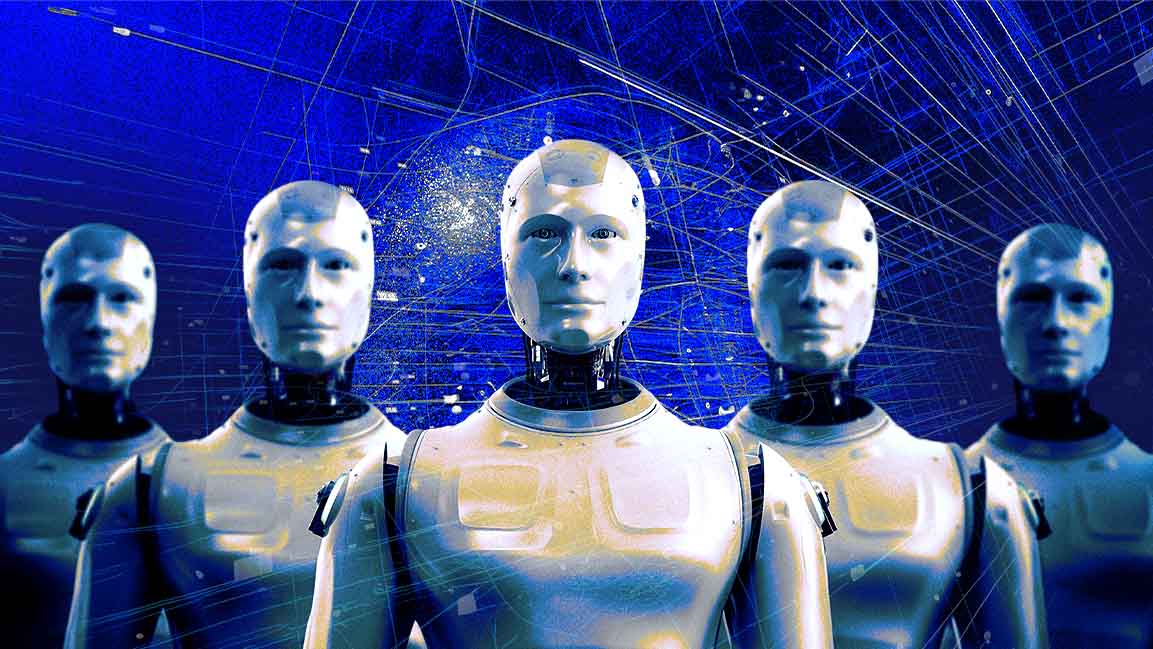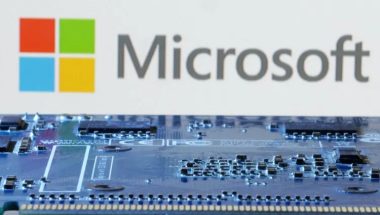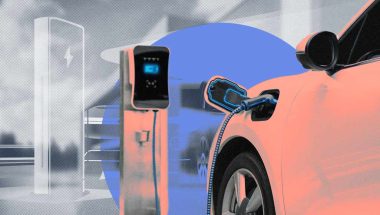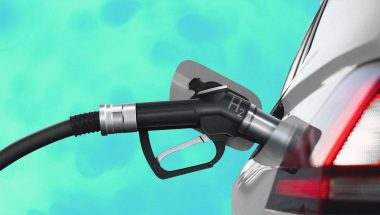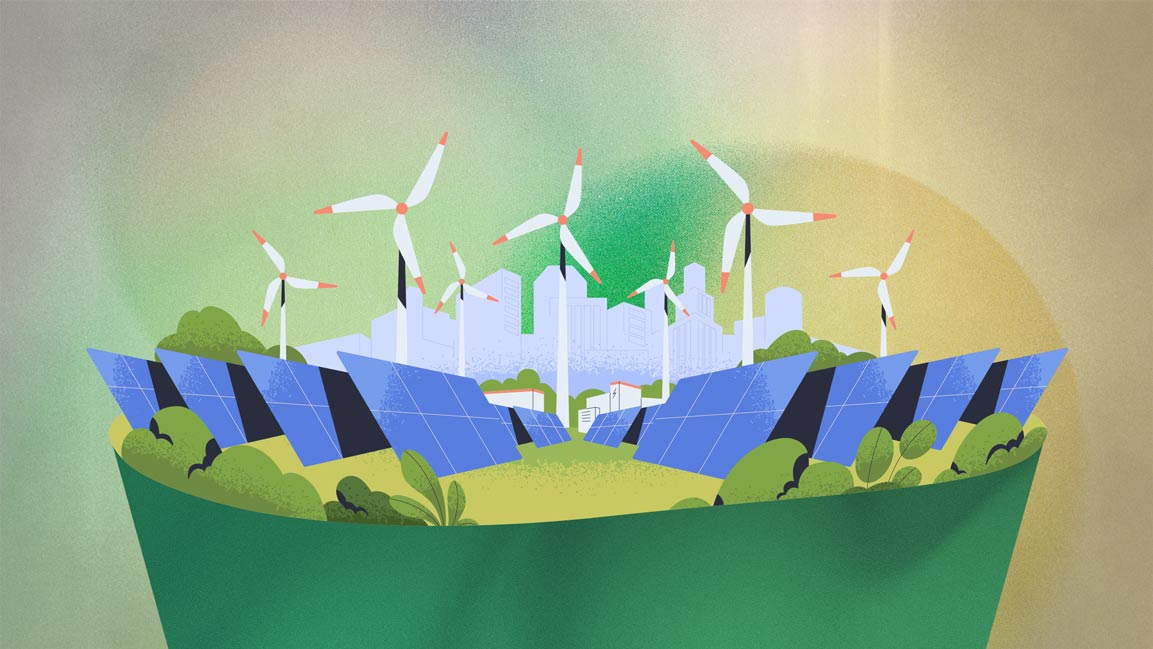- | 9:00 am
Is trust the most valued currency in the new digital economy?
The success of data-driven cognitive cities will depend upon widespread adoption by multiple stakeholders. Here’s what lies at the heart of digital trust.

You’ve probably heard the aphorism “Data is the new oil”, first coined by mathematician Clive Humby in 2006. The vast amount of data being generated by and about consumers has fueled the rise of the digital economy.
However, with a great volume of data comes great responsibility for how it is handled. Cognitive cities are powered by intelligent infrastructure, committed to learning from our behavior to allow for predictive adaptation and provision of proactive, personalized services and solutions that will optimize and unleash human potential. With cognitive communities set to proliferate over the next decade, it makes sense to ask a new question: Is trust the new currency for the digital economy?
While technologies based on AI and deep learning are potentially transformative for societies and economies, users can be reluctant to adapt and keep abreast of frontier technology. “All too often, people in the industry just think about building secure systems to build public trust,” says Rob van Dale, Partner and Digital Transformation Practice Lead at Kearney Middle East & Africa.
“But the challenges are much broader and encompass all people, technology, and processes involved in new technology or service. This includes challenges around safety, security, privacy, ethics, availability, reliability, lock-in effect, current and future end-user pricing.”
Purpose-built with the digital economy at its core, NEOM – Saudi Arabia’s $500-billion giga-project – is set to fully unlock the game-changing potential of technology with the world’s first cognitive ecosystem of hyper-connected, predictive and proactive solutions.
“In the physical world, the constraints imposed by labor and land scarcity control your decision making, but in a digital one, the laws of economics are fundamentally different. The cognitive community that we are building at NEOM will revolve around and learn from the day-to-day rhythms of individuals, enabling predictive, personalized and autonomous products and services,” explains Joseph Bradley, CEO of Tonomus.
“In this environment, you are in the realm of platform economics, where, the more users, interactions and data there are, the more valuable the platform is,” he adds. “Trust and transparency are vital – without trust, there is no data, and without data, there is no value.”
At NEOM – through what Tonomus is setting out to do – the digital economy will play a key role in the growth and development of a domestic technology industry and, eventually, in solutions that will be exported worldwide. Building trust in such a system requires the engagement of several key stakeholders. “Giga-projects, especially NEOM, are in a unique position to push all boundaries of technology development with strong political and financial backing,” says Van Dale.
“While doing so, it is also critical to build trust by design, right from the start. This means a broad range of stakeholders will need to be involved, both from giga-projects themselves, base economies, and future export target markets.” These stakeholders include “research institutes, regulators, lawmakers, export promoters, and tax and customs authorities,” he adds.
“Key will be to focus on defining clear principles of transparency and accountability and ensure stability and predictability of laws and regulations.”
Karl Steinacker, an expert on digital identity and trust, says, “When I talk about trust, I usually mean trust systems for a digital world.” As the former senior manager for digital identity at the UNHCR, Steinbacker believes this understanding of trust is valid in various contexts.
“When an aid agency – or a company, for that matter – issues an identity token, its value is limited to the business of and interaction with that agency. No third party would accept it.”
Things are different with a trust system, he explains. “An identity token (such as a passport, vaccination certificate, or credit card) is accepted by multiple parties because it is an issued part of a wider trust system.”
If we consider trust to be the currency driving the success in a digital economy, what is the means of measuring how much money is in the bank? Tufts University, in partnership with MasterCard and the Harvard Business Review, has published a Digital Trust scorecard that measures four key measures of digital trust across 42 economies. These measures are the steps taken to secure an economy’s digital environment; the quality of the digital user experience and interactions; the extent to which users feel able to trust their digital environment; and the extent to which users actually use the digital tools available to them.
One of the products that Tonomus is building – for both NEOM and a wider audience – is a data consent management system, which will provide subscribers with control over their personal data and genuine agency over how their information is captured, used, and stored, as well as the devices and context in which this is done.
“People have basic questions – such as, ‘Who is my data being shared with?’, ‘What’s it for and how long will you be sharing that data?’ Once you answer those essential concerns, they will say, ‘Can you help me control it?” says Su Le, Chief Digital Strategy Officer and CEO of Cognitive Solutions at Tonomus. “With Tonomus’ data consent management platform, our focus is on doing exactly that – restoring trust and empowering users in a way that’s not overwhelming by placing personal data ownership back in their own hands and even giving them a path to financial rewards for authorizing its use by third parties.”
According to Steinbacker, the best example of how the link between trust, a digitally-driven economy, and inclusion has furthered economic growth is the credit card system: “As a multinational trust system, it has rendered national financial markets for consumers obsolete – it has created a universal consumer market.”
For Saudi Arabia and the wider Gulf region, the upside of investing in the digital economy could be substantial. “There is a major opportunity to become world-leading in a few specific sectors, building on existing regional strengths such as oil and gas, trade and logistics, and – especially thanks to giga-projects – mobility,” explains Van Dale.
“In addition, the region has an opportunity and is investing in digital health, agri-foodtech, gaming and entertainment, while protecting future economies with strong cybersecurity capabilities.”
Clearly, data has been at the forefront of our collective thinking with respect to the transition to a digital economy. It’s now trust that must take center stage.






